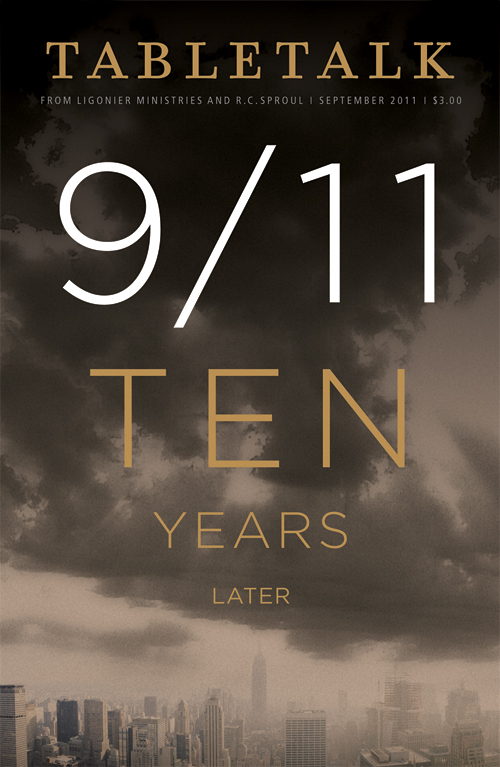September 11 was a weird day for me. I was a sophomore in high school and distinctly remember thinking to myself, Oh God, I hope it wasn't Arabs,
as soon as I heard a plane had crashed into the first tower. I'm
three-fourths Palestinian and at times have a distinctly Arab cast to
me. My last name is Rishmawy. Admittedly it was a selfish thought, but I
just didn't see that going well for me in high school. And I was right.
 That afternoon in football practice, upon discovering I was of Arab
descent—a "Palestilian" according to one educated linguist on the team—a
teammate of mine took it upon himself to spear me in the back. Twice.
For those of you who've never played, that sort of thing hurts.
Thankfully, my coach caught on quickly and put an end to it. Still, for
the next few years I was lovingly called "dune-coon," "sand-nigger,"
"Taliban," "Osama," and the like by a good chunk of my teammates and
friends. And yes, I do mean lovingly. It was wrong, and I don't really
get it, but for some reason racial slurs were a way of bonding in the
locker room. Still, it grated on me at times.
That afternoon in football practice, upon discovering I was of Arab
descent—a "Palestilian" according to one educated linguist on the team—a
teammate of mine took it upon himself to spear me in the back. Twice.
For those of you who've never played, that sort of thing hurts.
Thankfully, my coach caught on quickly and put an end to it. Still, for
the next few years I was lovingly called "dune-coon," "sand-nigger,"
"Taliban," "Osama," and the like by a good chunk of my teammates and
friends. And yes, I do mean lovingly. It was wrong, and I don't really
get it, but for some reason racial slurs were a way of bonding in the
locker room. Still, it grated on me at times.
As frustrating and awkward as being an Arab high-schooler in
post-9/11 America could be at times—given garden-variety prejudices,
fears, and ignorance—none of those slurs frustrated me so much as what
some of my well-meaning, evangelical brothers and sisters ignorantly
implied: that my entire ethnic heritage was an unfortunate
mistake—Abraham's mistake to be exact. Continue at Derek Rishmawy





